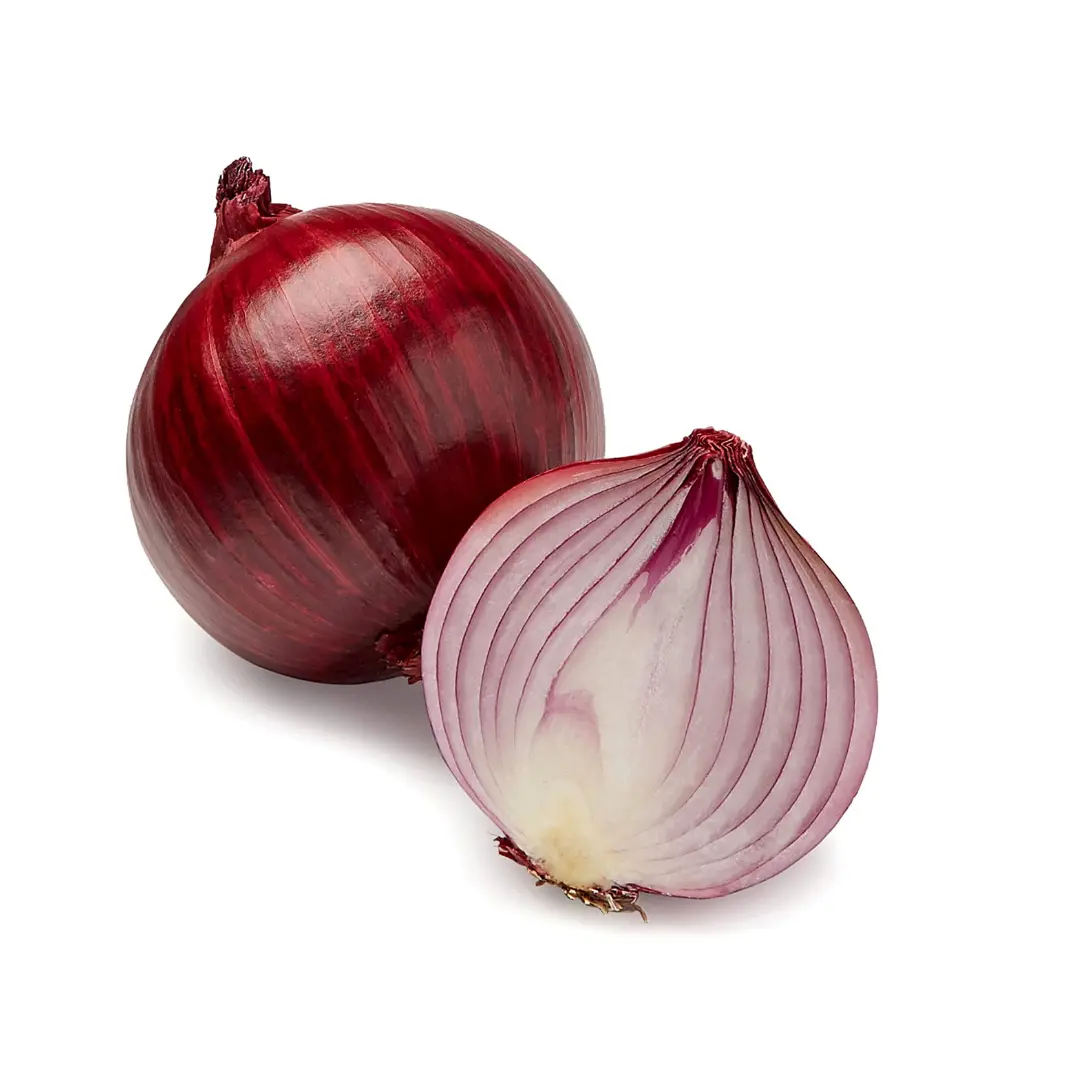Office No 1 & 2, Michael Apartment,Vasai West

Tomato
Tomatoes are a nutritional powerhouse, offering low-calorie content, essential vitamins (A, C, K), and minerals (potassium, calcium, iron), promote skin health.
Nutritional Values:
| 4.8 grams | Carbohydrates |
|---|---|
| 0 mg | Cholesterol |
| 1.1 grams | Protein |
| 0.3 mg | Iron |
Description:
Tomatoes, scientifically known as Solanum lycopersicum, are a popular and versatile fruit used in various culinary delights worldwide. These vibrant red orbs not only add color and flavor to our dishes but also offer a wide array of essential nutrients that contribute to a well-balanced and healthy diet. Let's delve into the nutritional benefits of a medium-sized raw tomato, weighing approximately 123 grams, and explore the positive impact it can have on our well-being.
Calories in tomatoes are relatively low, with just 22 kcal per serving, making them an excellent choice for those looking to manage their calorie intake. Tomatoes are incredibly low in total fat, containing only 0.2g per serving, and are devoid of saturated and trans fats, supporting heart health and reducing the risk of cardiovascular diseases. Furthermore, the absence of cholesterol in tomatoes enhances their suitability for individuals seeking heart-healthy options.
Tomatoes boast a commendable sodium content of 6mg, making them an ideal choice for those monitoring their salt intake. As such, they can be a valuable addition to a reduced-sodium diet.
The carbohydrate content in tomatoes, totaling 4.8g per serving, is mainly composed of dietary fiber and natural sugars. With 1.5g of dietary fiber, equivalent to 6% of the daily value, tomatoes support digestive health and promote regular bowel movements, while also contributing to a feeling of satiety.
Additionally, the 2.6g of natural sugars found in tomatoes provides a subtle sweetness without contributing to excessive sugar consumption, which is a common concern in modern diets.
A medium-sized tomato contains 1.1g of protein, contributing to the body's building and repair processes. While not a significant source of protein, tomatoes still play a valuable role in a balanced diet.
Tomatoes are a powerhouse of essential vitamins. They are an excellent source of Vitamin A, providing 1025 IU per serving, which supports vision, immune function, and skin health. The 15.6mg of Vitamin C per serving equates to 26% of the daily value, bolstering the immune system, aiding collagen production, and acting as an antioxidant to combat oxidative stress. Additionally, the 9.7mcg of Vitamin K (12% of the daily value) supports blood clotting and bone health.
Minerals in tomatoes are also noteworthy. The 292mg of potassium (8% of the daily value) promotes healthy blood pressure levels, fluid balance, and muscle function. With 13.2mg of calcium, tomatoes contribute modestly to bone health. The iron content of 0.3mg (2% of the daily value) helps in oxygen transport, while the presence of magnesium (15.3mg) and phosphorus (24.6mg) support various physiological functions.
Though tomatoes contain a modest amount of zinc (0.2mg), every little bit contributes to overall health.
In conclusion, tomatoes are a nutritional powerhouse, offering a wide range of vitamins, minerals, and other essential nutrients in a low-calorie, low-fat package. By incorporating tomatoes into our daily diet, we can enhance our overall well-being and work towards maintaining a balanced and healthy lifestyle. Whether diced in a salad, blended into a savory sauce, or simply enjoyed as a refreshing snack, tomatoes undoubtedly deserve their place as a dietary staple.
Additional Information
In addition to their impressive nutritional profile, tomatoes also contain various bioactive compounds that contribute to their health-promoting properties. One such compound is lycopene, a potent antioxidant responsible for the tomato's vibrant red color. Lycopene has been linked to a reduced risk of certain cancers, particularly prostate cancer, and has been shown to protect against oxidative damage, potentially slowing down aging processes.
Moreover, tomatoes contain beta-carotene, another antioxidant that promotes skin health and helps maintain healthy vision. This, combined with the high vitamin C content, provides a synergistic effect, bolstering the immune system and enhancing the body's defense against infections.
Studies have suggested that regular consumption of tomatoes may have positive effects on heart health, as they can help lower LDL cholesterol levels and reduce blood pressure. Additionally, the anti-inflammatory properties of tomatoes may aid in managing chronic inflammatory conditions.
While raw tomatoes are commonly consumed, it's worth noting that cooking them can enhance the availability of certain nutrients, like lycopene, making them even more beneficial when incorporated into cooked dishes, such as sauces and stews.
With their tantalizing taste, versatility, and array of health benefits, tomatoes undeniably stand as a delicious and nourishing addition to any diet. Embracing this wholesome fruit can contribute to a healthier lifestyle and provide a palate-pleasing experience that enriches culinary endeavors while simultaneously nurturing our well-being.
